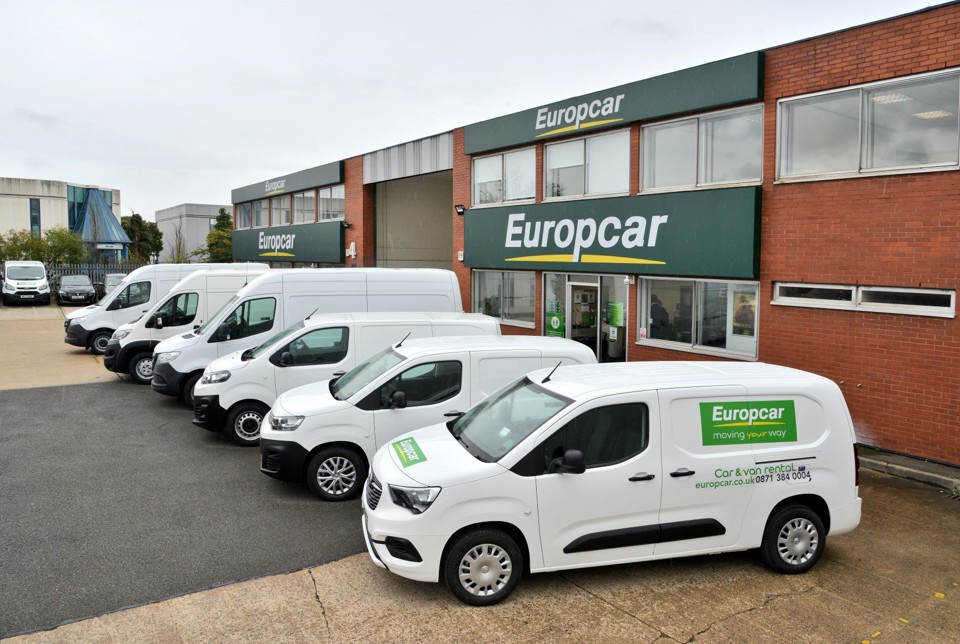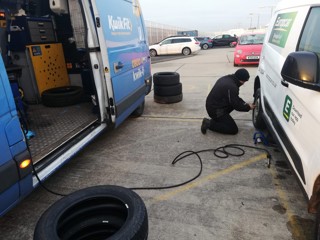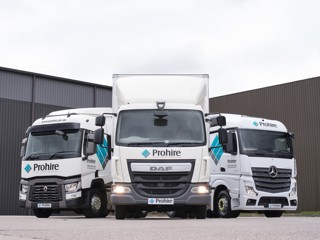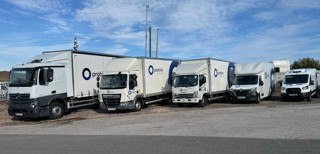Europcar Mobility Group has announced it is revamping its offer to fleets with the launch of Flex, Superflex and DuoFlex.
The vehicle rental company says each solution offers an alternative to fixed-term leasing or ownership, through the convenience of a monthly subscription.
Starting with a one-month rental period, any company can then modulate its subscription according to its needs, with no commitment, no upfront payment and no exit fees, with flexible terms and conditions.
A customer can, for example, start a monthly rental and then change their mind: they only be billed for effective rental days, it says.
The offers are also based on a wide choice of vehicles and a variety of mileage options. Maintenance, insurance and tyres are included in the price and the monthly price is fixed.
Meanwhile, DuoFlex allows a mix of different vehicles within the same subscription formula, by offering access to another vehicle for two periods of two days every month. For example, driving an electric vehicle (EV) for shorter journeys and being able to switch to a car with an internal combustion engine for longer trips or having a van for workdays and a car during weekends.
DuoFlex users can also combine different categories of company vehicles (A, B, C, etc.) within the same subscription, which Europcar thinks may be appealing to fleet managers who want to optimise their company's car policy or to introduce the use of EVs.
José Blanco, group sales director at Europcar Mobility Group, said: “We believe that the flexibility offered by subscription is a key to success and will be a ‘must have’ in the new normal.
“With these new offers, we clearly want to provide even better support to businesses – from independent professionals and small companies to large groups - and to be at the forefront of the mobility revolution for our B2B customers.
“Instead of a fixed-term lease, our new offers give businesses the opportunity to pick-up cars or vans when they need them, for as long as they want, in a fully flexible manner. And thanks to this, businesses have optimal control over their costs and can adapt quickly to new situations, increasing or downsizing their fleet based on their activity level.”






















Login to comment
Comments
No comments have been made yet.